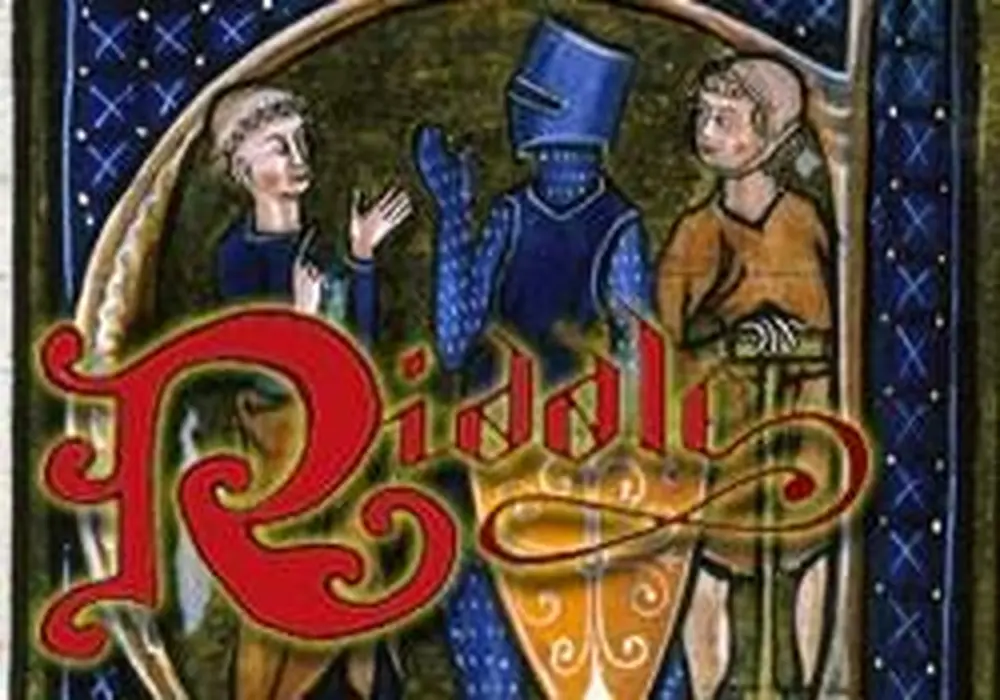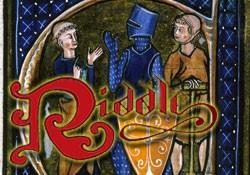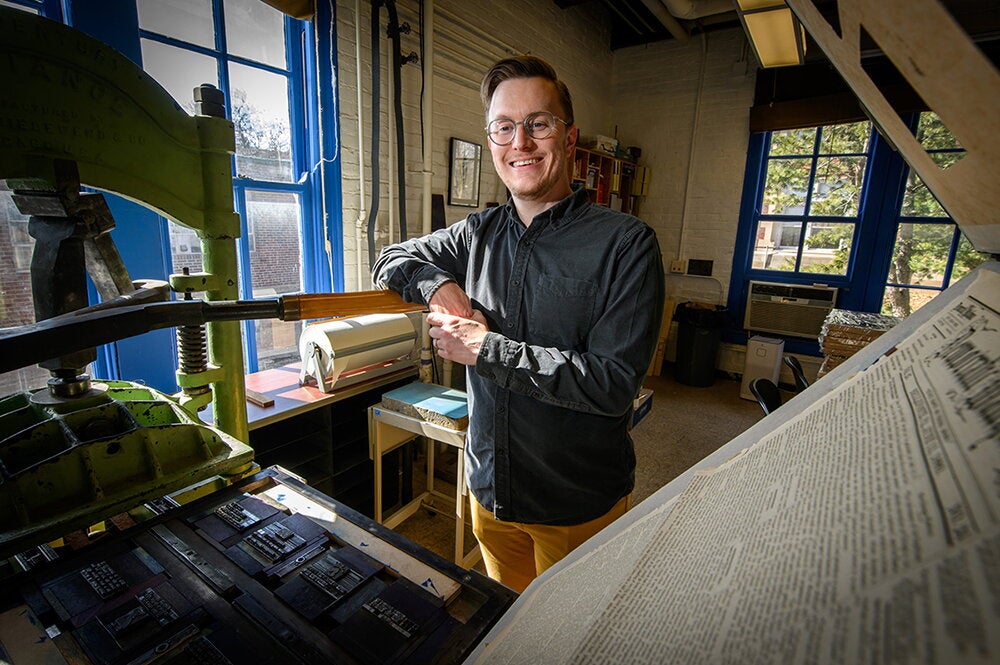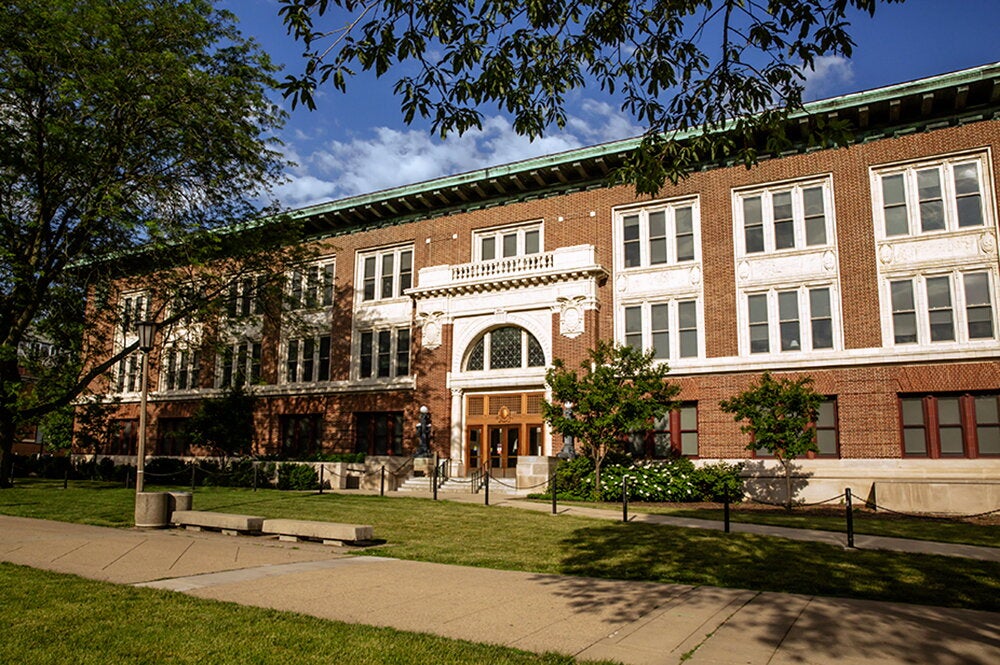

Whatever bad rap the Middle Ages earned from the Crusades, torture chambers, and plagues, the times were more enlightened than today when it came to riddles.
During the Middle, or medieval, Ages—those thousand years of lords and ladies from around 500 to 1500 A.D.—riddles were elevated to the level of art and prized as sources of entertainment and education. Unlike today's transparent word puzzles, medieval riddles relied heavily on metaphor and demanded ingenuity to solve.
Wandering performers pitted their wits in riddling contests to entertain court patrons. Monks used riddles in schools to instruct and test their students in biblical trivia. "One famous medieval riddle first appears in Latin dialogues called 'Joca monachorum,' literally, 'Monk's Jokes,'" says Charlie Wright, LAS professor of old and middle English literature. The challenging and often poetic language of these "jokes" was believed to help students remember names and facts. Riddles were sometimes simple reflections on farming, cooking, and the basics of everyday life. Sometimes they imparted lessons in morality.
Riddles had a dark side, as well. In some medieval tales, prisoners won-or lost-their freedom by stumping the judge with a riddle. In Viking lore, riddling contests became duels in which the loser lost his life. The god Odin defeated many a foe with riddles.
Fortunately, there are no such consequences for the riddles below.
Test your skills.
1. Rauca sonans ego sum media vocalis in unda;
Sed vox laude sonat, qua se quoque laudet et ipsa:
Cumque canam semper, nullus mea carmina laudat.
Translation:
Croaking hoarsely I am vocal in the middle of the water, but my voice sounds with the sort of praise with which it praises itself too. Whenever I sing no one praises my songs.
2. Plus ego sustinui quam corpus debuit unum.
Tres animas habui, quas omnes intus habebam:
Discessere duae, sed tertia pene secuta est.
Translation:
I have put up with more than one body had to.
I had three souls (i.e., lives) all inside myself.
Two departed, and the third almost followed.
3. Vivere post mortem vates vis nosse viator?
Quod legis ecce loquor, vox tua nempe mea est.
Translation:
Traveler, do you wish to know that poets live after death?
Lo, I am speaking what you read! Your voice is mine.
Answers
- 1. A frog
2. A woman bearing twins
3. The poet, who lives on after death
The translations from Latin were provided by Danuta Shanzer, LAS professor of classics and medieval studies.


